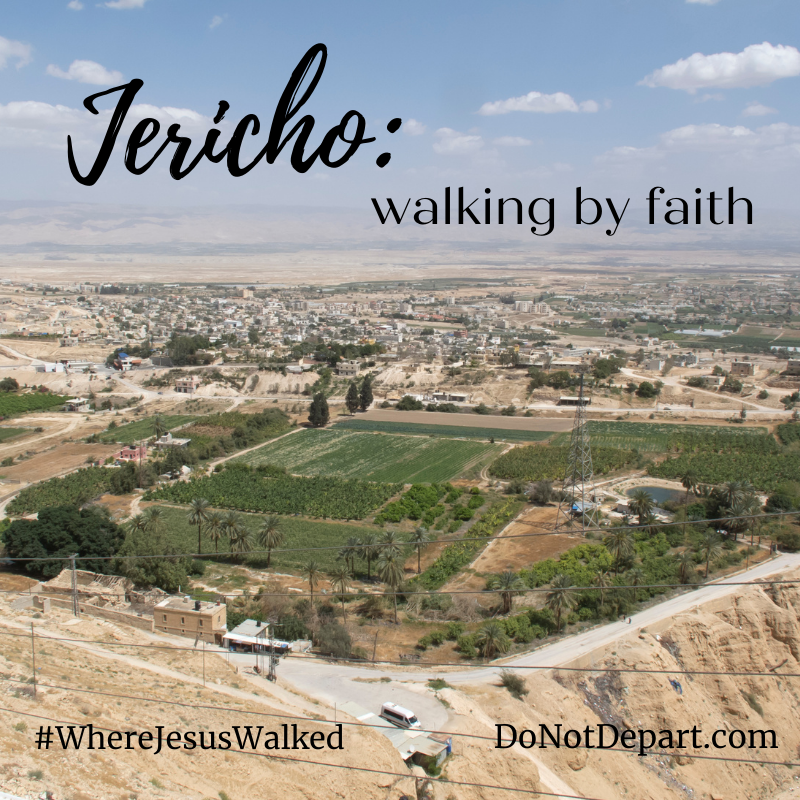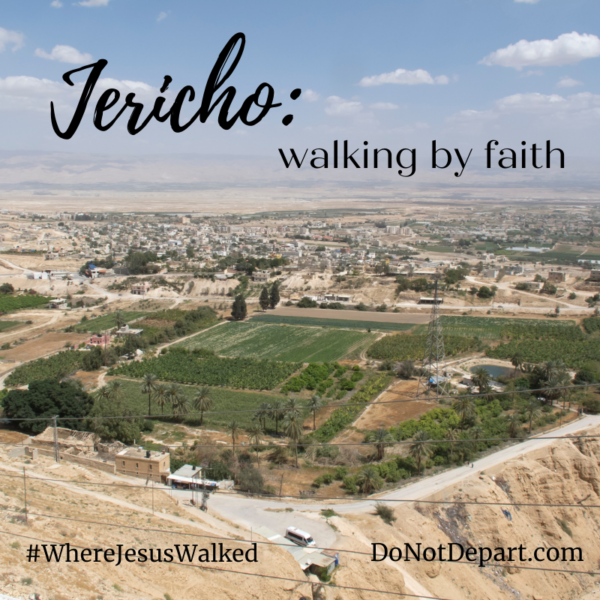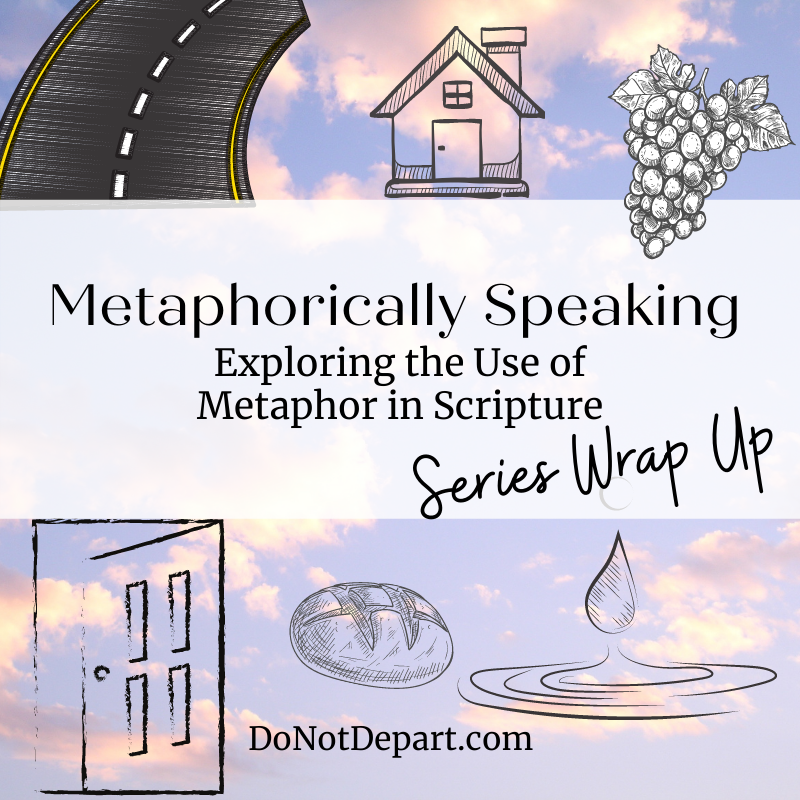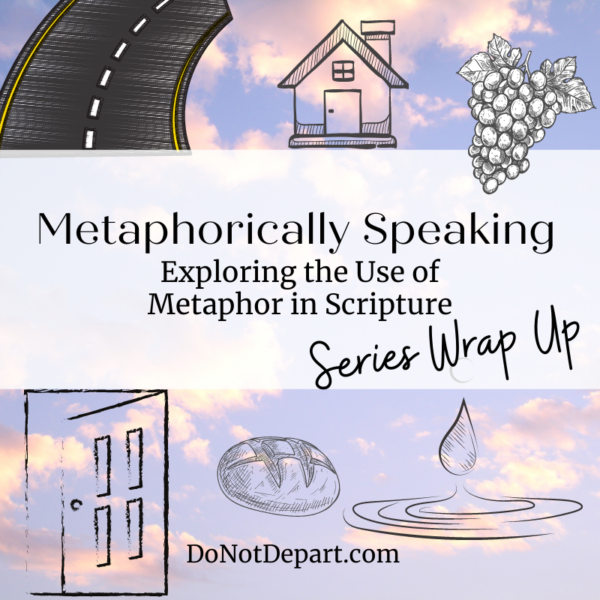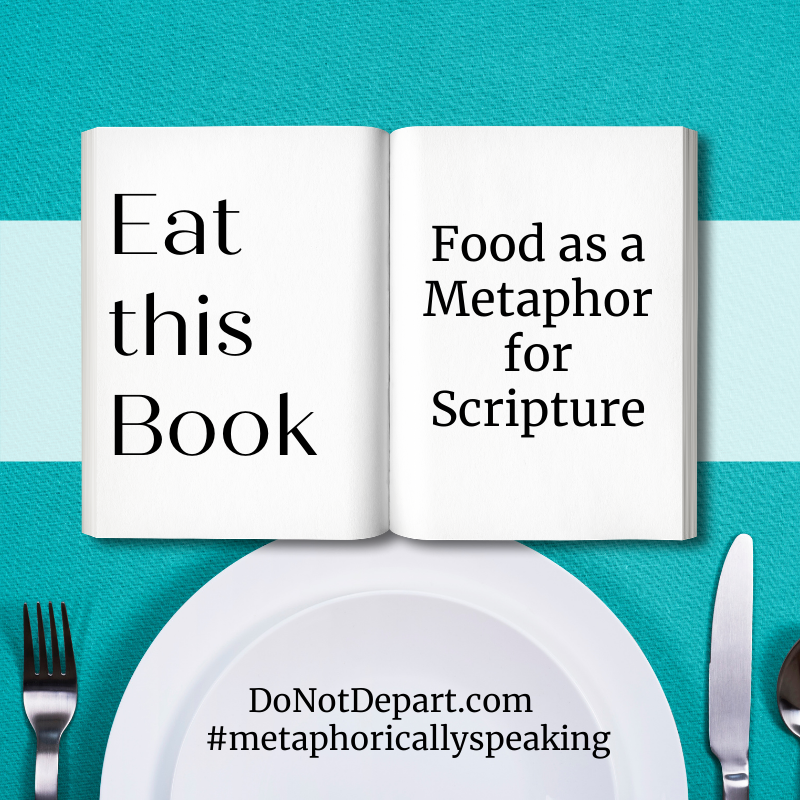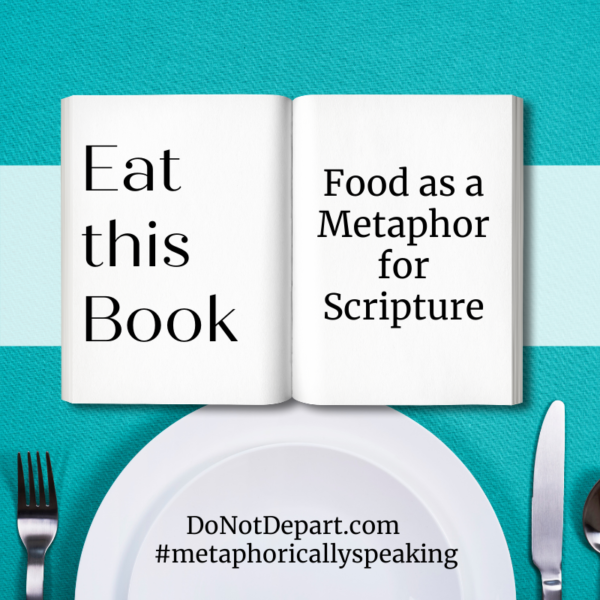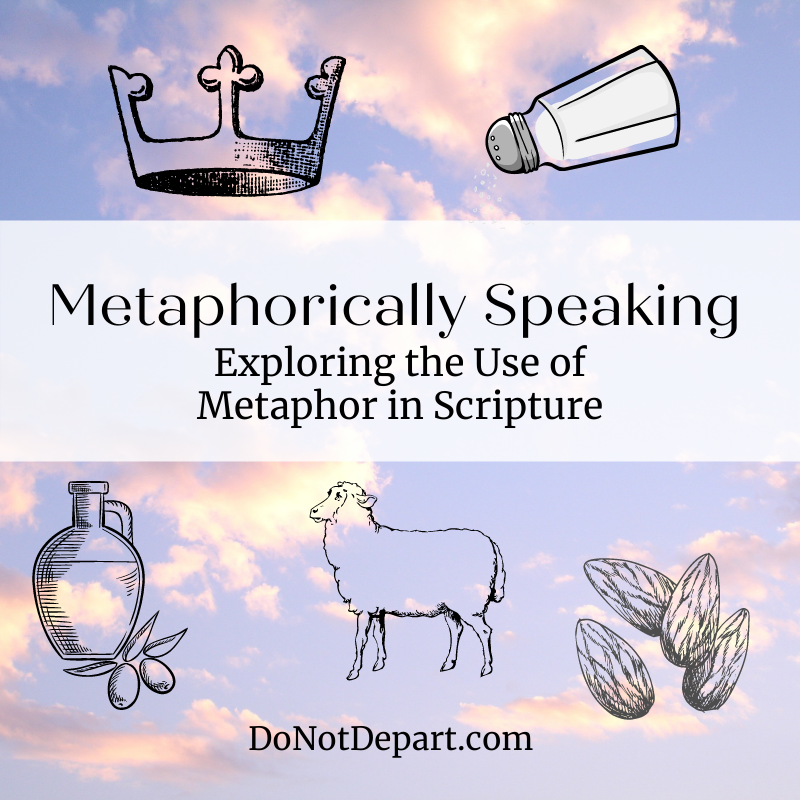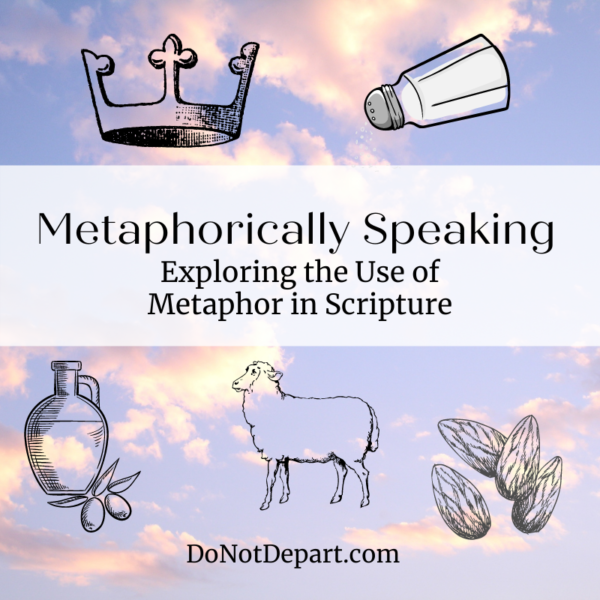What child is this? As we pack up our Christmas decorations and turn our eyes to what the new year brings, it’s worth remembering that the baby in the manger did not stay a baby. He grew in wisdom and stature to be a teacher and shepherd who brought the kingdom of heaven to earth, fulfilling the Law and Prophets. A suffering servant who humbly and innocently took on the sin of the world in order to make a way for us to live in a restored relationship with God. A king who defeated death and bought our freedom.

In December we celebrate the birth of the Messiah, the one they named Jesus, “for he will save his people from their sins.” (Matthew 1:21)
Let’s start the year reflecting on the name that is above all names, Jesus, who is the same, yesterday, today, and forever (Hebrews 13:8).
“Therefore God has highly exalted him and bestowed on him the name that is above every name, so that at the name of Jesus every knee should bow, in heaven and on earth and under the earth, and every tongue confess that Jesus Christ is Lord, to the glory of God the Father.” Philippians 2:9-11











